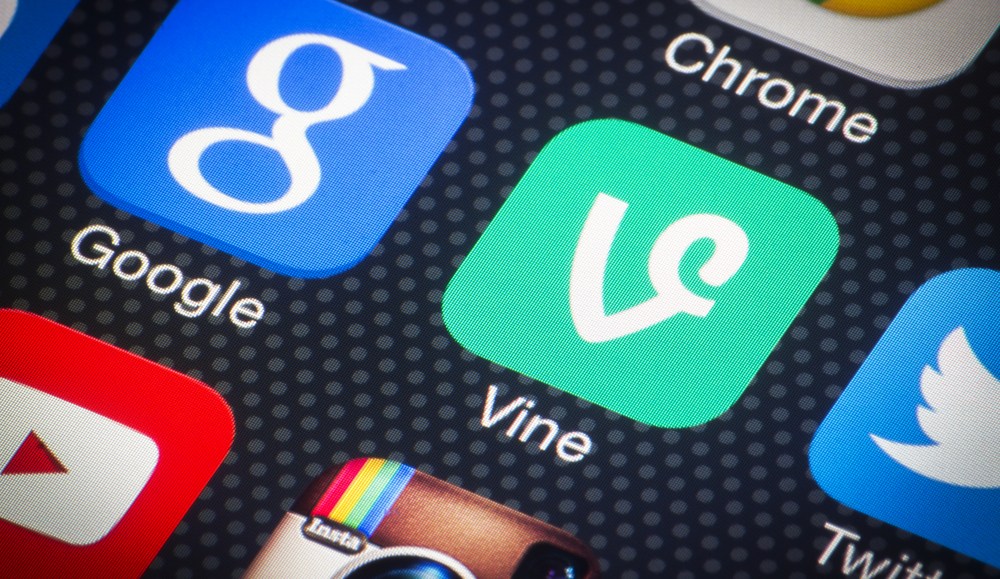Last chance to save on Digiday Publishing Summit passes is February 9

It’s a confusing moment for publishers. With consumers spending more time on mobile devices, media outlets have been scrambling to make sure their sites are mobile-friendly over the past couple years. But then last summer, comScore came out with a report declaring that not only was mobile now driving Internet activity, but that the apps had won. The stat that flew around the Internet was that 88 percent of smartphone activity was spent on apps. Social networks like Facebook sucked up one-fourth of that time, followed by games (16 percent) and radio (8 percent).
Now comes the IAB with research suggesting that the importance of the mobile Web may have been underrated. A survey it commissioned by Harris Poll showed that only 18 percent of smartphone users said they strongly favor apps, and more than half said they click links within apps that take them to the mobile Web. IAB also said the answers were pretty similar across gender and age groups. (Caveat: the research was self-reported, so it relied on people to have an accurate idea of their own mobile habits.)
Interestingly, those partial to apps and mobile Web both cited ease of use as important considerations for them. For mobile Web fans, though, price was also a big factor, cited by 49 percent.
So why the wide gap between perception and comScore’s numbers? One theory is that when it comes to subjects people consider important to them, like news and search on the mobile Web, they may exaggerate the time they spend with them. In the case of news in particular, people were just as likely to say they prefer the browser as apps. (There’s the potential for bias, of course; who doesn’t want to think they spend a healthy amount of time reading the news?)
The IAB findings offer potential consolation for news publishers, as news figures small among the top-ranked apps, the comScore report suggests.
The IAB also believes that there’s a significant number of people accessing Web articles from apps like social media, which may help account for their reported use of the mobile Web. Fifty-two percent said they click on links in apps that take them to news articles in a mobile site.
The great app-mobile Web debate will likely rage on, but its implications are potentially huge for marketers and media companies as they try to figure out how best to capture people’s attention and time on mobile devices.
Already, a survey surfaced by eMarketer suggests validation for the mobile Web. It showed that people using smartphones or tablets are more likely to click on ads on the Web (35 percent) versus apps (26 percent). One possible reason is that people are more likely to see ads as an intrusion in an app they downloaded and perhaps paid for.
The findings also have implications for mobile discovery. As people increasingly arrive at mobile sites by way of side doors, it’s important for media companies to know how people find their content on the mobile Web. The IAB found that search was the No. 1 way people were stumbling on mobile sites, but a significant percent said they discover sites through various recommendations, suggesting media companies shouldn’t ignore word of mouth as a way of promoting their sites.
More in Media

Brands invest in creators for reach as celebs fill the Big Game spots
The Super Bowl is no longer just about day-of posts or prime-time commercials, but the expanding creator ecosystem surrounding it.

WTF is the IAB’s AI Accountability for Publishers Act (and what happens next)?
The IAB introduced a draft bill to make AI companies pay for scraping publishers’ content. Here’s how it’ll differ from copyright law, and what comes next.

Media Briefing: A solid Q4 gives publishers breathing room as they build revenue beyond search
Q4 gave publishers a win — but as ad dollars return, AI-driven discovery shifts mean growth in 2026 will hinge on relevance, not reach.





